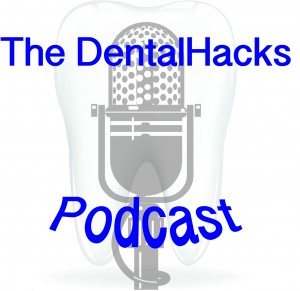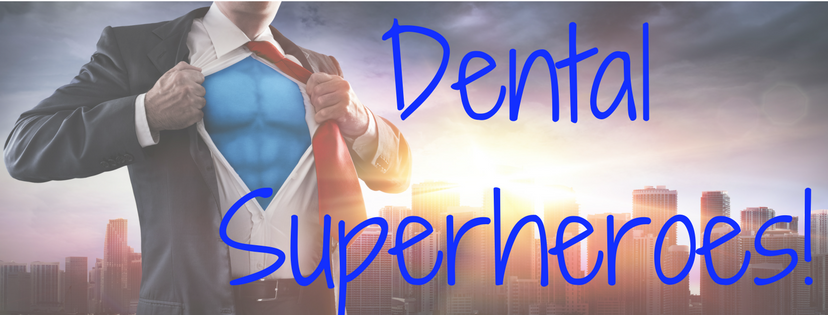
I’m a superhero guy. I grew up on comic books and as an adult I’ve watched in delight as the characters I grew up with have taken over the movie theater. It’s like a dream come true.
Spiderman was my first obsession. What happens when you give a regular kid amazing powers? The stories wrote themselves. Then came the X-men…heroes that were born with their abilities and had to learn to accept themselves as different than regular people. Later in my comic book reading I began to favor Batman and Iron Man…brilliant men with unlimited resources that turned themselves into super heroes.
As the years passed and I was forced into adulthood, I realized that my dreams of being a super hero would have to come to an end. Which honestly worked out for the best because Midland doesn’t have buildings that are tall enough to swing from and I don’t look good in lycra. But what about being a super hero in my chosen profession…dentistry?

“We’ll get that pesky root tip out in no time, Bub.”
First things first, I had to realize that I had no mutant powers. There was no moment in dental school where my latent “amazing hands” showed up. Adamantium luxators didn’t spring from my wrists during my oral surgery rotation…although how cool would that have been? You see, there are some dental mutants out there. Some folks are naturally good at this stuff. And we have to give them their due. One of my friends and mentors, Dr. Jason Smithson, is a dental mutant. I mean that in the nicest way possible, by the way. He’s a really great guy and fun to talk with (see the Dental Hacks podcast as well as a couple episodes of the Alan Mead Experience). He’s an excellent teacher, too. But I’ve given up on the idea that I might be able to do what he does. He is naturally amazing to start with and has worked to hone his craft. The true mutants always do.
Then you’ve got the Spiderman types. My buddy Dr. Shawn Van de Vyver comes to mind. His superpowers came to him later in the game. The dude can create a website out of thin air in minutes. He thinks about three levels higher than most when it comes to marketing a dental office and teaching about technology. But if you ask him, he’ll tell you that this superpower came to him pretty late in the game. I’m fairly certain he wasn’t bitten by a radioactive spider, but the skills he shows are nothing short of superhuman.
But where does that leave the rest of us? The ones with no superpowers? We have to summon our inner Bruce Wayne or Tony Stark? We have to use our resources and choose technologies that help us create our own special battle armor. What if I told you that I could hone your diagnostic skills sharper than Wolverine’s claws? What if I told you that I could help you persuade your patients better than the Purple Man? (Sorry, that’s a deep cut. Also, he’s pretty evil. So maybe that’s a bad example). The technology I’m talking about is the dental operating microscope. I have four of them in my Batcave and I use them in all aspects of my dentistry, from hygiene to surgery to restorative dentistry and endodontics. I know what you’re thinking…”really? You have four?” Hey listen…I take this superhero business pretty seriously. When you don’t have superpowers you have to make up for it, right? I use the microscopes to help me diagnose at a high level and help me explain conditions to patients. Then I use them when I’m battling tooth decay and gum disease in my role as operator. When I’m sitting behind a scope, I have superhuman vision that’s helped me in all aspects of my dentistry.
So here’s to the comic book nerds! What have you done in your office to become a superhero?
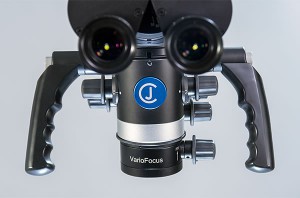
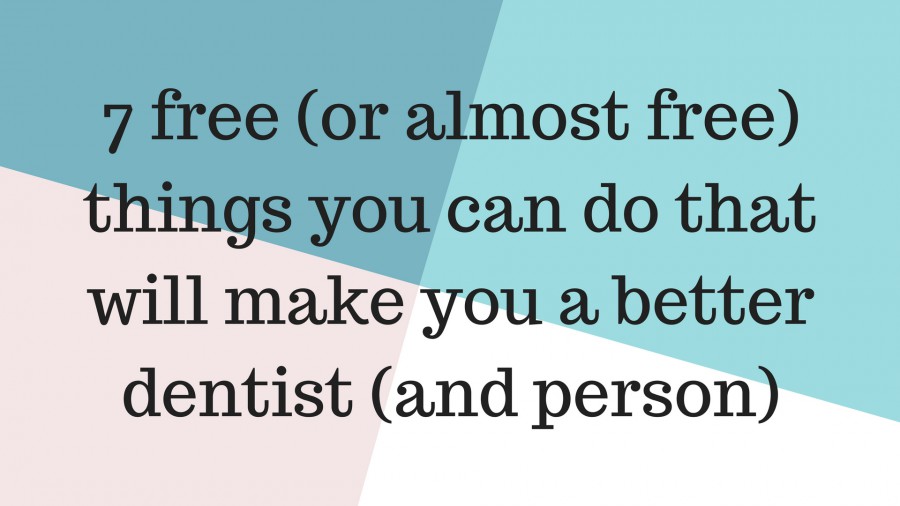
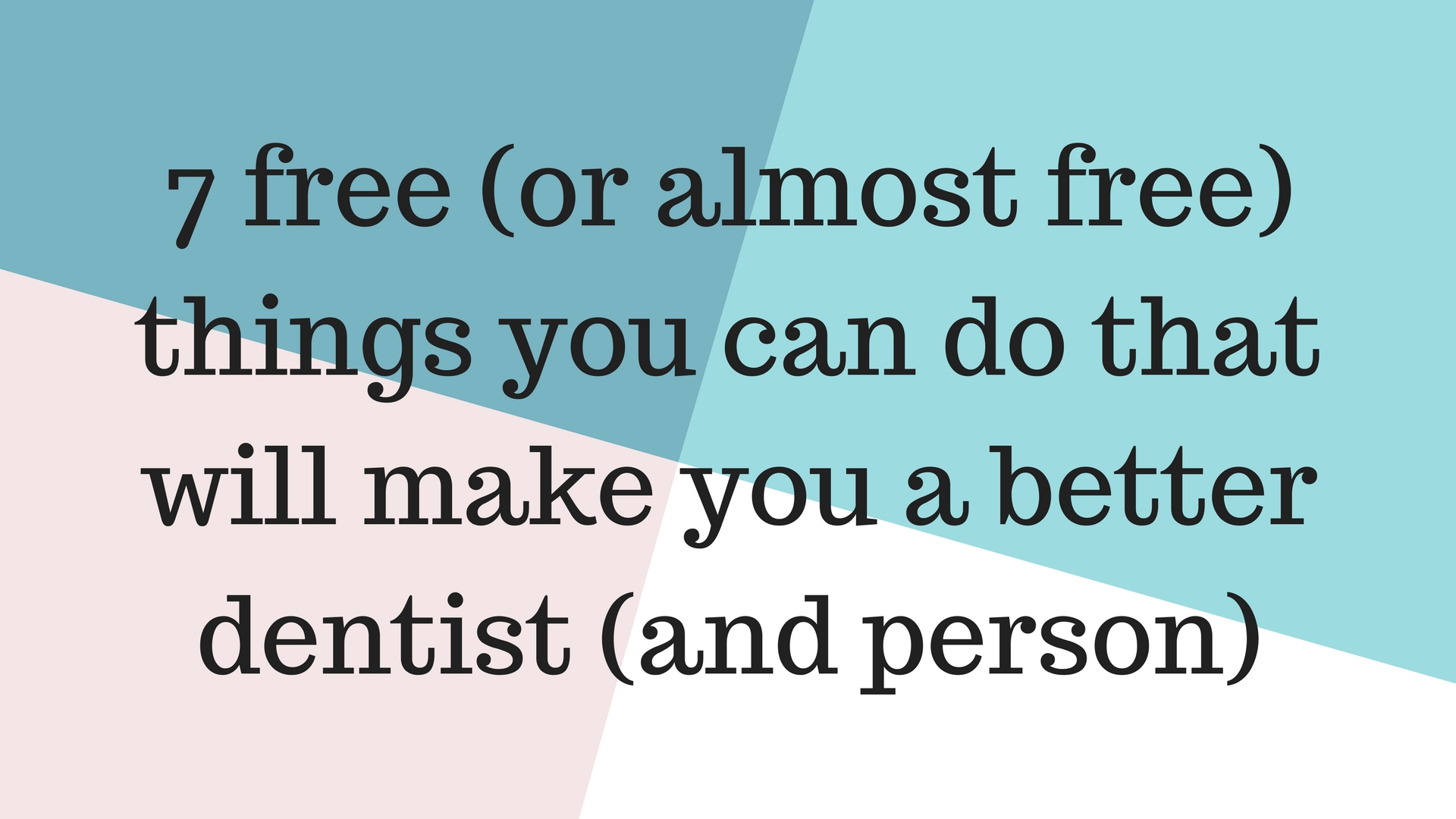
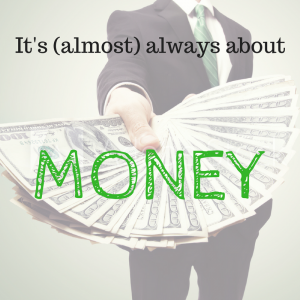
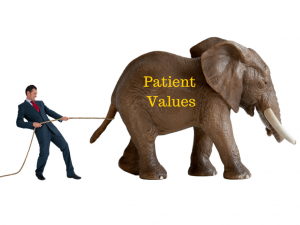
 Our colleagues in the medical industry operate differently. In many cases the physician that diagnoses the problem doesn’t actually treat the problem. If I fall off a ladder and break my arm it’s likely that an ER doc is going to assign a differential diagnosis to the problem and order a radiograph that’s read by a radiologist, who diagnoses the fracture. At that point, it’s likely that I would be referred to an orthopedic surgeon to treat the broken arm.
Our colleagues in the medical industry operate differently. In many cases the physician that diagnoses the problem doesn’t actually treat the problem. If I fall off a ladder and break my arm it’s likely that an ER doc is going to assign a differential diagnosis to the problem and order a radiograph that’s read by a radiologist, who diagnoses the fracture. At that point, it’s likely that I would be referred to an orthopedic surgeon to treat the broken arm.

